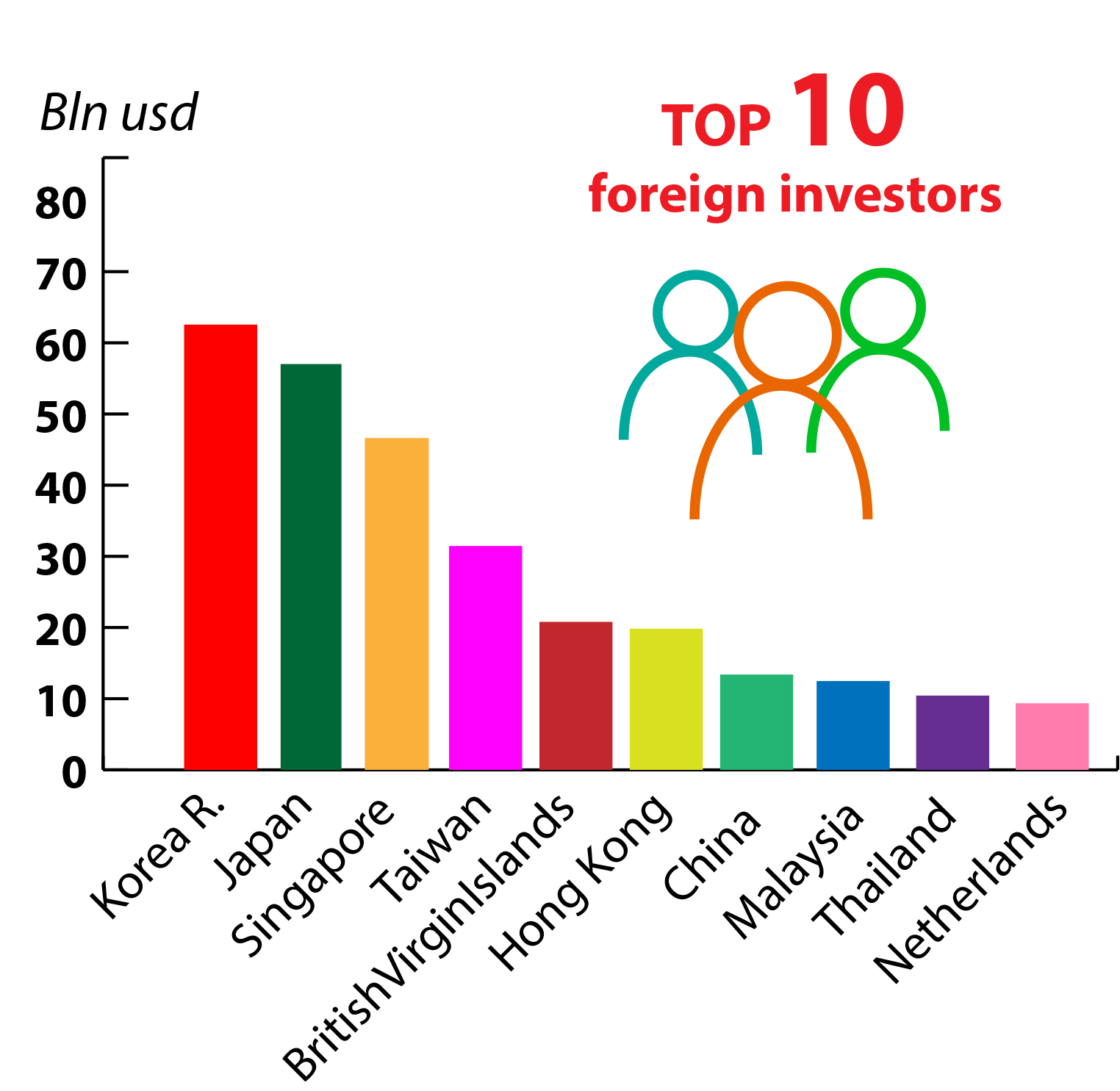From WTO to CPTPP, internal strengths and mindset have improved, economist says
VGP – Today, Viet Nam’s foundations, including internal strengths, market economy mindset, role of the State and private sector are now “better and more solid” than 12 years ago when the country joined the World Trade Organization.
|
|
|
Viet Nam's GDP growth rates since 2007 |
>>> Infographics: Figures show how VN has improved
Economist Pham Chi Lan made the above remarks at a recent exclusive interview with the Government Online Newspaper.
Joining the WTO was a big decision as it was taken after 10-year reform and Viet Nam was still on the way to shift from centrally planned to market economy, thus many of our regulations were not in accordance with the WTO’s regulations, Lan recalled.
It took 12 years for Viet Nam to officially become a member of the WTO but its WTO membership paved the way for the country proceed to sign an economic partnership agreement with Japan in 2008 and comprehensive partnership and cooperation agreement with the European Union in 2012, and even the Comprehensive and Progressive Agreement for Trans-Pacific Partnership (CPTPP), previously known as the Trans-Pacific Partnership (TPP).
Viet Nam initially joined the TPP talks as an observer in 2009 and officially became full participant in 2010 and has demonstrated great efforts, especially after the US withdrew from the trade deal. The economist said this is another good decision.
As a founding member of the CPTPP, Viet Nam has a favorable position in trading relations with other major partners. Especially, it has helped Viet Nam to boost a free trade agreement negotiations with the European Union, making Viet Nam the second Southeast Asian country to sign a free trade deal with the Union after Singapore.
 |
|
Accumulative investment capital of top ten foreign investors in Viet Nam in 2018. |
The CPTPP and the Viet Nam-EU free trade agreement (EVFTA) would help Viet Nam to realize its long-term strategy on sustainable development on the basis of innovations and technologies, according to Lan.
Both the trade pacts contain high commitments on reform of economic institutions, thus they create both the driving force and pressure on Viet Nam. However, the commitments are in line with the country’s long-term reform process, in which institutional reform is regarded as one of the three breakthroughs.
Thanks to the Government’s efforts over the past three years, Lan expressed her belief that the system of Viet Nam’s economic institutions will be improved as expected in the next five or ten years.
The Government has taken drastic measures to fix shortcomings of the economy, including withdrawal of State capital from State-owned enterprises’ non-core business lines, acceleration of equitization among others.
The Government has paid greater attention to controlling State-owned enterprises through the establishment of the Committee for Management of State Capital invested at enterprises, a move that clearly showed the Government has changed the way to manage the State-owned enterprises in the context of the socialist-oriented market economy.
The Government has also made remarkable efforts in cutting business conditions and administrative procedures in a bid to improve the country’s business environment. According to the latest review of the Viet Nam Chamber of Commerce and Industry (VCCI), there were a record number of issued legal documents specifying reduction of business conditions and administrative procedures, according to the economist.
In addition, the Party and State have issued a number of resolutions and decisions affirming the role of private economy as an important driving force of the economy. It is the right approach and will surely bring about good outcomes.
Another positive signal is that the Government figured out orientations to spur startups and innovations as well as high-tech application in agriculture sector in order to drive the economy forward on the basis of technology instead of being dependent on cheap labor.
Lan also highlighted the Party’s efforts in combatting corruption as well as the close relationship between institutional reform and anti-corruption and the latter could only be pushed back if the former is carried out./.
By Kim Anh

